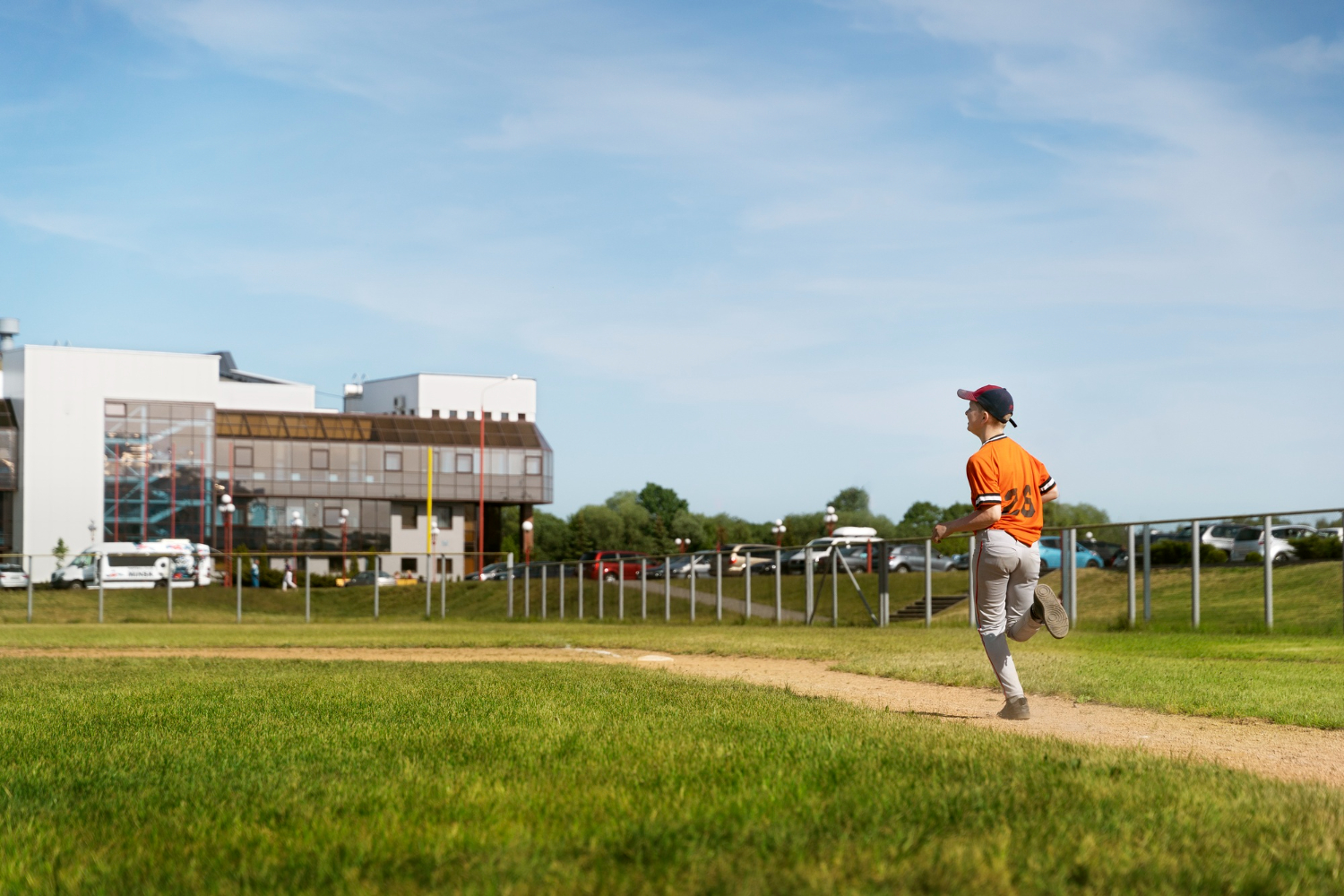Thing To Consider When Starting A Sports Club
Starting a sports club is an excellent way to encourage physical activity and foster community spirit. Whether it’s a football team, a hockey club, or a recreational group, getting started requires careful thought and preparation.
From assessing local interest to setting policies and managing finances, there are several factors to consider to ensure the club runs smoothly and achieves long-term success.
Assessing Local Interest & Demand
Before starting a sports club, it is essential to assess whether there is enough interest and demand for the activity within the local area. Conducting surveys, using social media polls, or organising community meetings can provide valuable insights into public enthusiasm and potential participation.
Building strong connections within the community can also help attract initial members and generate support. Establishing this interest early on is crucial for ensuring the sustainability and growth of the club in the future.
Choosing the Right Venue for Your Club
Selecting the right venue is one of the most important decisions when starting a sports club. It is vital to consider accessibility, parking availability, changing facilities, and whether the space is suitable for the planned activities. Outdoor venues may require additional features, such as appropriate lighting, particularly for evening training sessions and matches.
Good lighting is essential for sports venues, ensuring safety, visibility, and performance during training sessions and matches. For example, hockey pitches require specific lighting arrangements to meet performance standards and allow for evening use. Assessing these requirements early can help avoid costly adjustments later. Careful evaluation of venue options ensures the club meets practical and professional requirements.
Deciding on Club Size & Structure
The size and structure of the club will influence decisions about venue capacity, equipment, and staffing needs. It is important to decide whether the club will cater to different age groups and abilities, such as youth teams or recreational groups.
Establishing a clear organisational structure with defined roles, including coaches, treasurers, and committee members, will help the club run efficiently. Assigning responsibilities early on ensures smooth operations and provides a foundation for future growth.
Developing Club Policies & Rules
Setting clear policies and rules is essential for maintaining order and fairness within the club. Behaviour, attendance, and safety guidelines should be established and communicated to all members. Safeguarding policies are particularly important if the club involves children or vulnerable individuals.
Implementing codes of conduct and procedures for handling disputes helps to promote fairness and consistency, ensuring the club remains a welcoming and professional environment for all participants.
Managing Funding & Finances
Financial planning is a key aspect of running a successful sports club. Preparing a budget that covers essential costs, such as venue hire, equipment, insurance, and marketing, is a crucial first step. Exploring and preparing for funding options, including grants, sponsorships, and membership fees, can provide the necessary financial support.
Keeping accurate records and maintaining transparency with members will help build trust and accountability, ensuring the club operates effectively and remains financially stable.
Promoting the Club & Attracting Members
Promoting the club is essential for building membership and sustaining long-term growth. Developing a marketing strategy that includes social media campaigns, posters, and articles in local newspapers can help raise awareness.
Collaborating with schools, businesses, and community organisations can also expand visibility and attract potential members. Hosting open days or taster sessions provides an opportunity for people to experience what the club offers, encouraging them to join and support the club’s activities.
Organising Events & Competitions
Hosting events and competitions is a great way to keep members engaged and attract new participants. Organising friendly matches, tournaments, or community sports days can help to showcase the club’s activities and build a sense of camaraderie among members.
Planning these events requires attention to detail, including scheduling, equipment, and volunteer support. Ensuring events are well-promoted and run smoothly can enhance the club’s reputation and encourage further growth.








